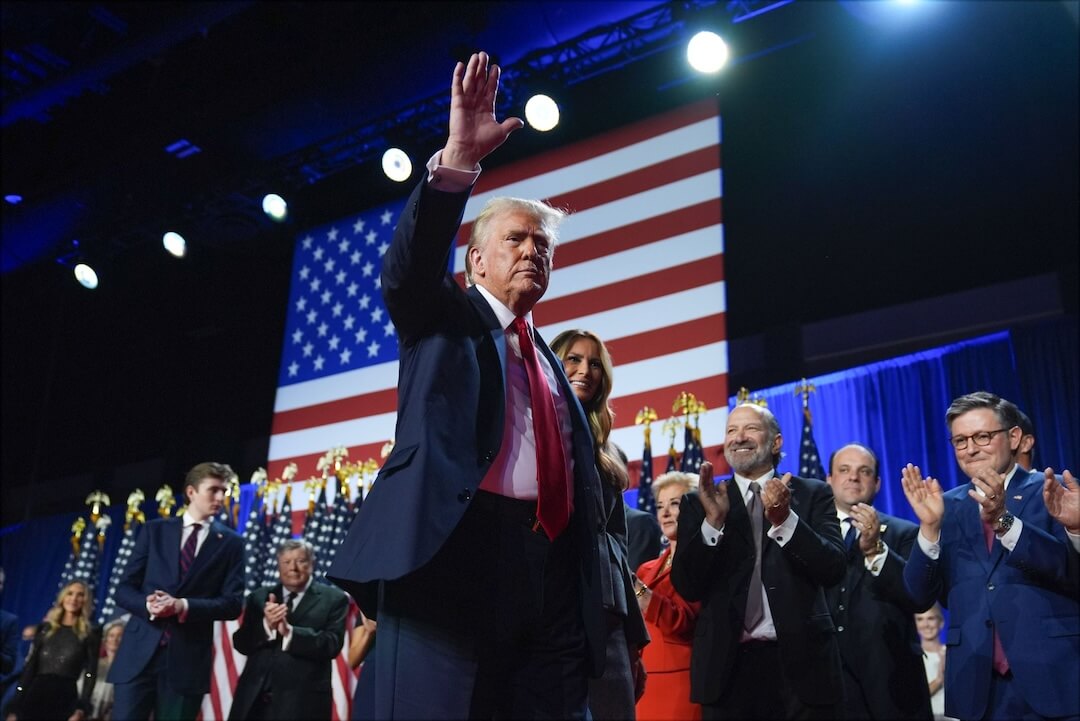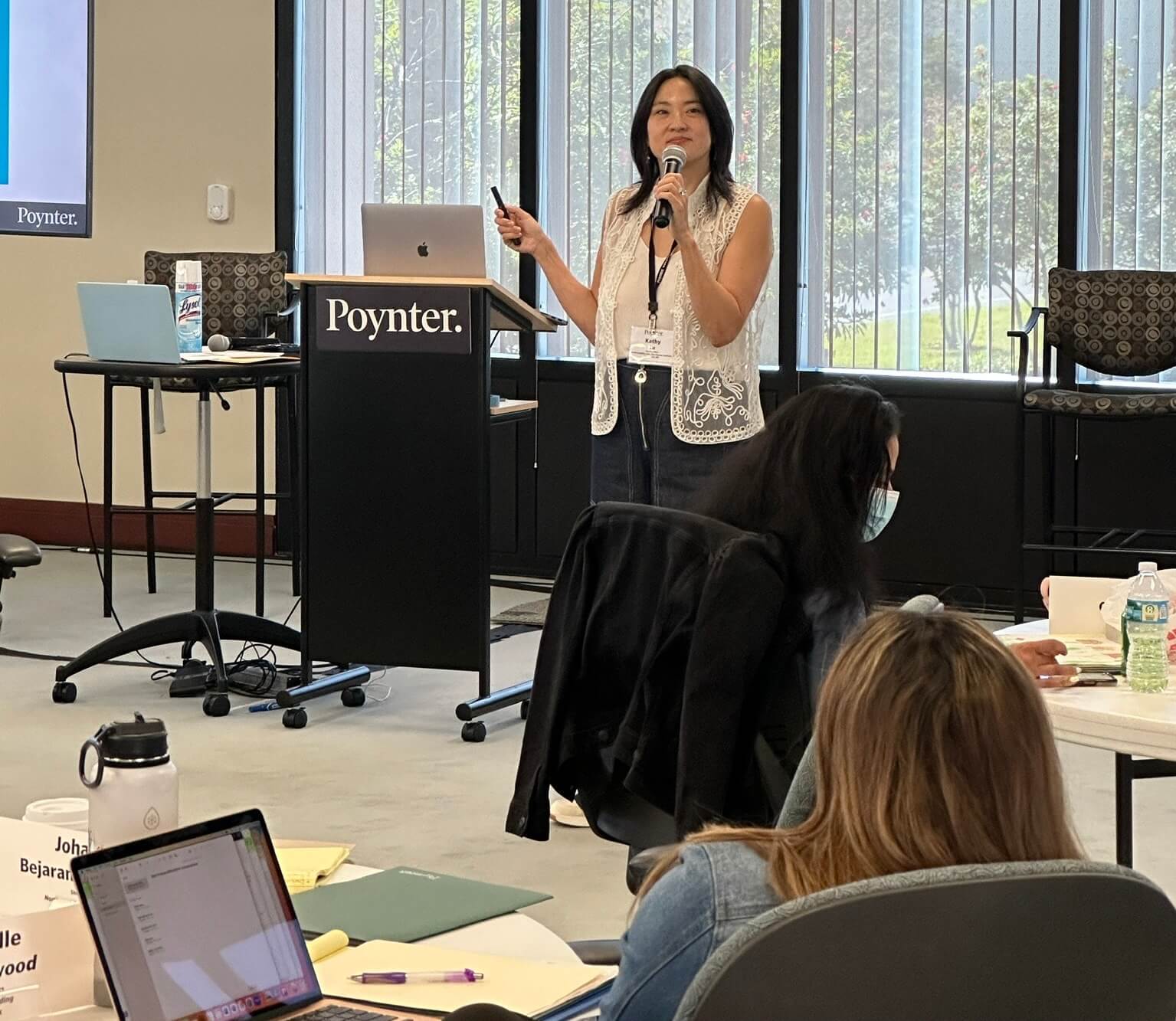It is time to invite researchers to the CoronaVirusFacts Alliance.
Today, the International Fact-Checking Network and the 88 fact-checking organizations that have been working together since January to fight mis/disinformation about COVID-19 call for research proposals on the CoronaVirusFacts Alliance database.
IFCN now invites academics to take a deep dive into a database that has gathered more than 5,300 debunked hoaxes about the new coronavirus — pieces of content that have been debunked in 74 countries and in 43 different languages.
All the information about the call is available below.
CoronaVirusFacts Alliance — Call for research proposals
Since Jan. 24, coordinated by the International Fact-Checking Network, more than 100 fact-checkers from 74 countries have been working together in the largest collaborative fact-checking effort ever launched: the CoronaVirusFacts / DatosCoronaVirus Alliance.
On March 19, the alliance published its database of fact-checked content, which identified more than 800 falsehoods about the spreading pandemic. Today, the CoronaVirusFacts database offers more than 5,000 fact checks that have been published by 88 organizations in 44 different languages. It is the most comprehensive and active database about COVID-19 mis/disinformation.
The next step for the CoronaVirusFacts Alliance is to more fully tap the expertise and work of academics and researchers. Fact-checkers understand that the alliance’s database gathers many in-depth stories and can offer a better understanding of the “infodemic.” By working together, fact-checkers and academic researchers will expand the knowledge base about COVID-19 and further elevate the fight against health mis/disinformation. A limited, searchable version of the database is available on this page. Access to the full dataset will be provided only to vetted researchers to prevent monetization and exploitation of the dataset created by the fact-checkers.
The Dataset
See here (.csv) a preview of the dataset (30 rows sample).
See here (.pdf) for a detailed description of what the dataset includes.
The International Fact-Checking Network is accepting proposals from academics and researchers. Possible topics to be addressed include but are not limited to:
- Investigating claims and the spread of mis/disinformation on COVID-19 across different media platforms and different national or language environments.
- Exploring themes, styles, imagery or other features of mis/disinformation around COVID-19.
- Investigating the characteristics and behaviors of actors (both individuals and groups) that surfaced and helped spread COVID-19 hoaxes.
- Finding ways to measure the impact of the fact-checking activity when addressing certain hoaxes.
- Analyzing the limitations and challenges that fact-checkers have faced to tackle mis/disinformation during the COVID-19 outbreak. Surfacing questions and areas of improvement for fact-checkers in future collaborative efforts.
What to expect:
The International Fact-Checking Network will provide all the accepted proposals with access to the data accumulated by the CoronavirusFacts Alliance.
A limited number of the accepted proposals – those that can clearly demonstrate the need for funding – could be awarded up to $10,000 to conduct the study. To request this support, researchers should demonstrate that their work will have an imminent impact on the fact-checking community and that the IFCN’s funding is crucial for their work. The funding opportunity is made available from WhatsApp’s support to IFCN.
Please fill out the following form if you think you qualify for this funding.
Overall expectations:
All proposals should be submitted in English and include:
- A short introduction with knowledge gaps and research question(s).
- A theoretical framework, if applicable.
- Notes on methodology, including other data that will be analyzed.
- A plan for dissemination of your research findings.
- Background information on the researcher(s), including an abbreviated bio that describes previous and current research that relates to the proposal.
Terms and conditions
- The dataset provided by the International Fact-Checking Network has been built by the CoronaVirusFacts Alliance and should not be shared externally.
- Accepted proposals will receive support in accessing and correctly interpreting the database as well as other open-source datasets (e.g. Google Fact Check explorer API).
- Accepted researchers from academic institutions will have access to CrowdTangle, which provides engagement data on public Facebook and Instagram accounts.
- Researchers will be able to reach out to fact-checkers to conduct interviews.
- The accepted proposal will be offered the opportunity to write a report/summary of findings for the IFCN’s website.
- Researchers who are granted access to the database should be prepared to present their proposal at the online Global Fact Summit that will take place on 23-27 June 2020.
Information about submitting:
All proposals will be assessed by a group of researchers affiliated with the Digital Journalism Research Group at Oslo Metropolitan University (OsloMet), which the IFCN is cooperating with. The group includes:
- Lucas Graves, associate professor, University of Wisconsin-Madison.
- Steen Steensen, professor, OsloMet.
- Bente Kalsnes, associate professor, Kristiania University College.
Proposals can be submitted here until May 29, 2020. Accepted proposals will be notified by June 12. Grant recipients will be notified by June 19.








Quick question: does the $10,000 funding include overheads/indirect costs?